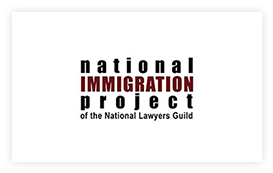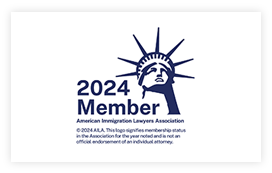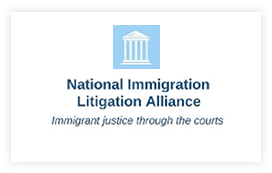What Happens After BIA Appeal?
After a BIA Appeal has been submitted, a comprehensive review will be conducted. It involves examining the grounds for appeal, assessing the evidence presented, and evaluating its alignment with immigration laws and regulations. Embarking on an appeal with the Board of Immigration Appeals (BIA) is a critical moment in an individual’s immigration journey. The BIA serves as the highest administrative body for interpreting and applying immigration laws in the United States and is entrusted with reviewing and adjudicating appeals in immigration cases.
Whether facing deportation orders, seeking asylum, or challenging other immigration decisions, trust Bassey Immigration Law Center, P.A., to fight for your future. Look to our knowledgeable law firm for thoroughly researched recommendations, workable strategies, and responsive service for the entirety of the immigration process. Schedule an affordable consultation today.
Potential Outcomes After a BIA Appeal
Once a party files an appeal with the Board of Immigration Appeals (BIA), jurisdiction is transferred to the Board, removing the immigration judge’s authority over the case. The BIA will then conduct a comprehensive review of your appeal. This involves examining the grounds for appeal, assessing the evidence presented, and evaluating its alignment with immigration laws and regulations.
The outcome of a BIA appeal can result in the following:
- Approval: If the BIA approves the appeal, it may reverse the decision of the immigration judge or officer, leading to favorable outcomes such as granting asylum, adjustment of status, or cancellation of removal.
- Remand for Further Proceedings: In some cases, the BIA may find procedural errors or insufficient evidence and remand the case back to the immigration court for further proceedings. This provides an opportunity for a more thorough review of the case or the presentation of additional evidence. Those whose cases are remanded should work closely with an F.L. appeals lawyer to prepare for the next steps and ensure that all necessary documentation and arguments are presented effectively.
- Denial: If the BIA upholds the original decision, the appeal will be denied. While a denial can be discouraging, individuals can pursue further appeals by seeking review in the Federal Circuit Court of Appeals. If you opt for this, you must submit a document, known as a “petition for review,” within 30 days of the BIA’s decision. You have the option to request that the court halt the government from deporting you while your case is under review. However, it is important to note that court approval of this request is not guaranteed.
- Dismissal: Appeals may be dismissed for procedural errors or other reasons.
Upon reaching a decision, the BIA sends it to the concerned parties. It is dispatched either through regular mail or, in eligible cases, via the EOIR Courts & Appeals System (ECAS) for electronic delivery.
Exploring Next Steps
Depending on the result, next steps may include:
- Moving forward with approved relief or adjustments to immigration status.
- Exploring alternative legal remedies or avenues for relief.
- Seeking guidance on voluntary departure or complying with deportation orders.
- Reviewing options for further appeals or administrative actions.
Schedule an Affordable Consultation Today
The outcome of an appeal holds immense weight for an individual’s immigration status and future. As these processes can be complicated, consulting with an immigration appeals lawyer, particularly those familiar with the appeals process in Florida, can help guide you on the implications of the BIA’s decision and help chart the best course forward.
At Bassey Immigration Law Center, every step of your immigration process matters. Our team, rooted in immigrant experiences, brings passionate advocacy and genuine empathy to your case. We have walked in your shoes and are here to guide you with understanding and resolve. Schedule an affordable consultation today.




